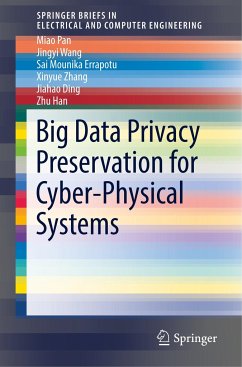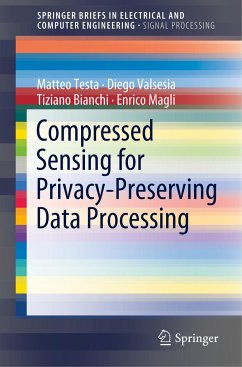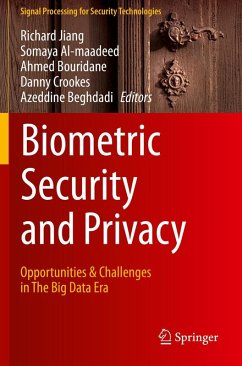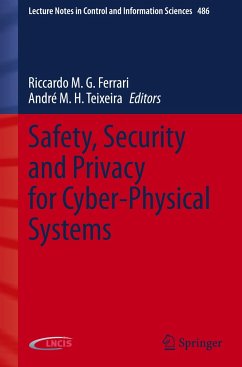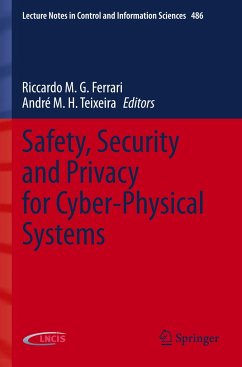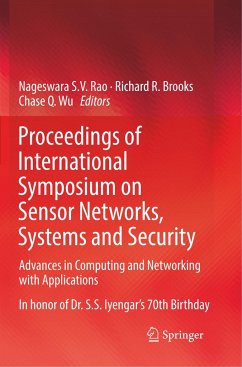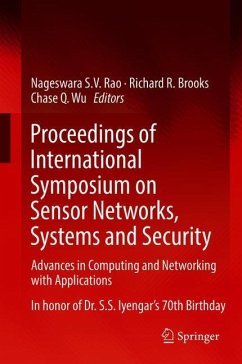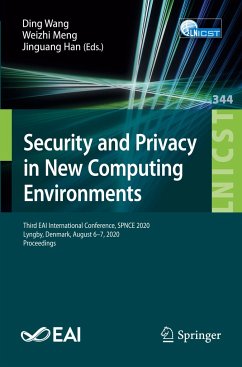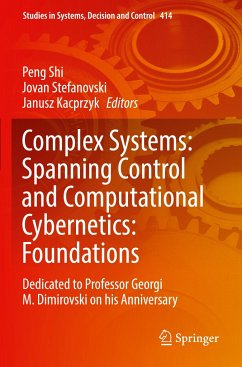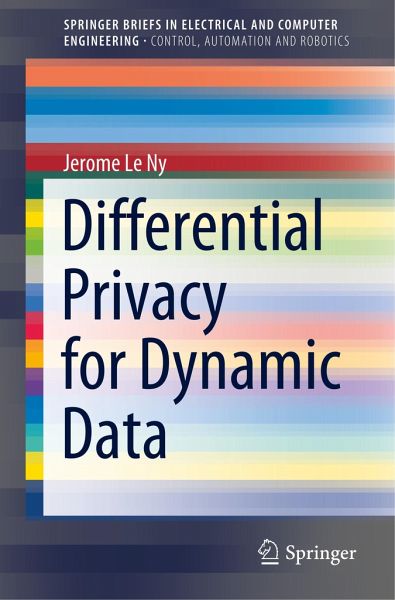
Differential Privacy for Dynamic Data

PAYBACK Punkte
25 °P sammeln!
This Springer brief provides the necessary foundations to understand differential privacy and describes practical algorithms enforcing this concept for the publication of real-time statistics based on sensitive data. Several scenarios of interest are considered, depending on the kind of estimator to be implemented and the potential availability of prior public information about the data, which can be used greatly to improve the estimators' performance. The brief encourages the proper use of large datasets based on private data obtained from individuals in the world of the Internet of Things an...
This Springer brief provides the necessary foundations to understand differential privacy and describes practical algorithms enforcing this concept for the publication of real-time statistics based on sensitive data. Several scenarios of interest are considered, depending on the kind of estimator to be implemented and the potential availability of prior public information about the data, which can be used greatly to improve the estimators' performance. The brief encourages the proper use of large datasets based on private data obtained from individuals in the world of the Internet of Things and participatory sensing. For the benefit of the reader, several examples are discussed to illustrate the concepts and evaluate the performance of the algorithms described. These examples relate to traffic estimation, sensing in smart buildings, and syndromic surveillance to detect epidemic outbreaks.



